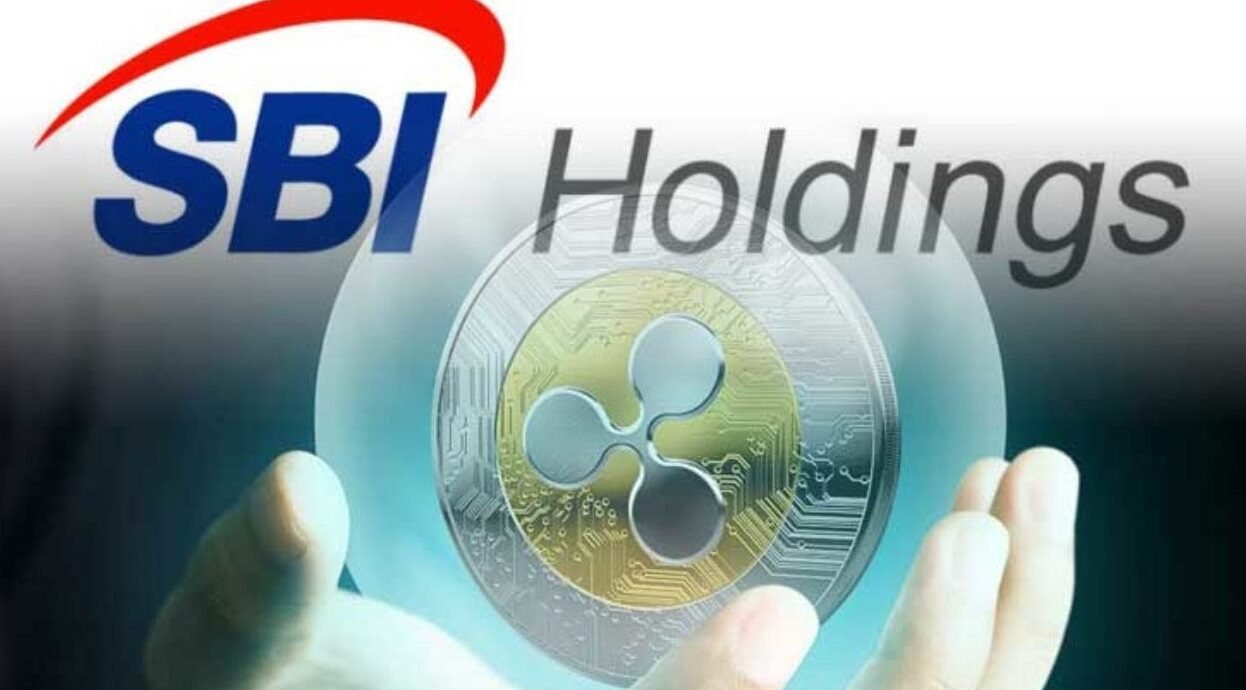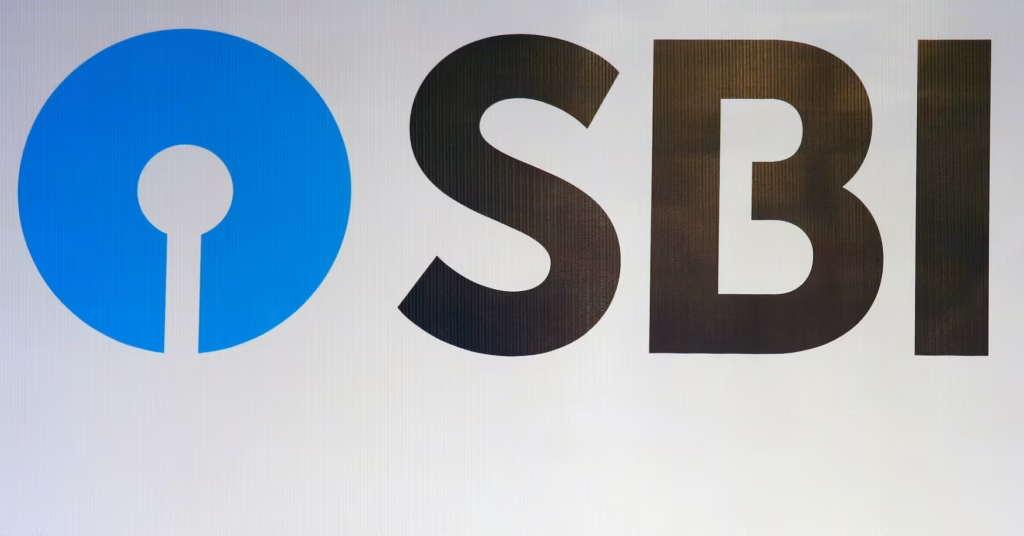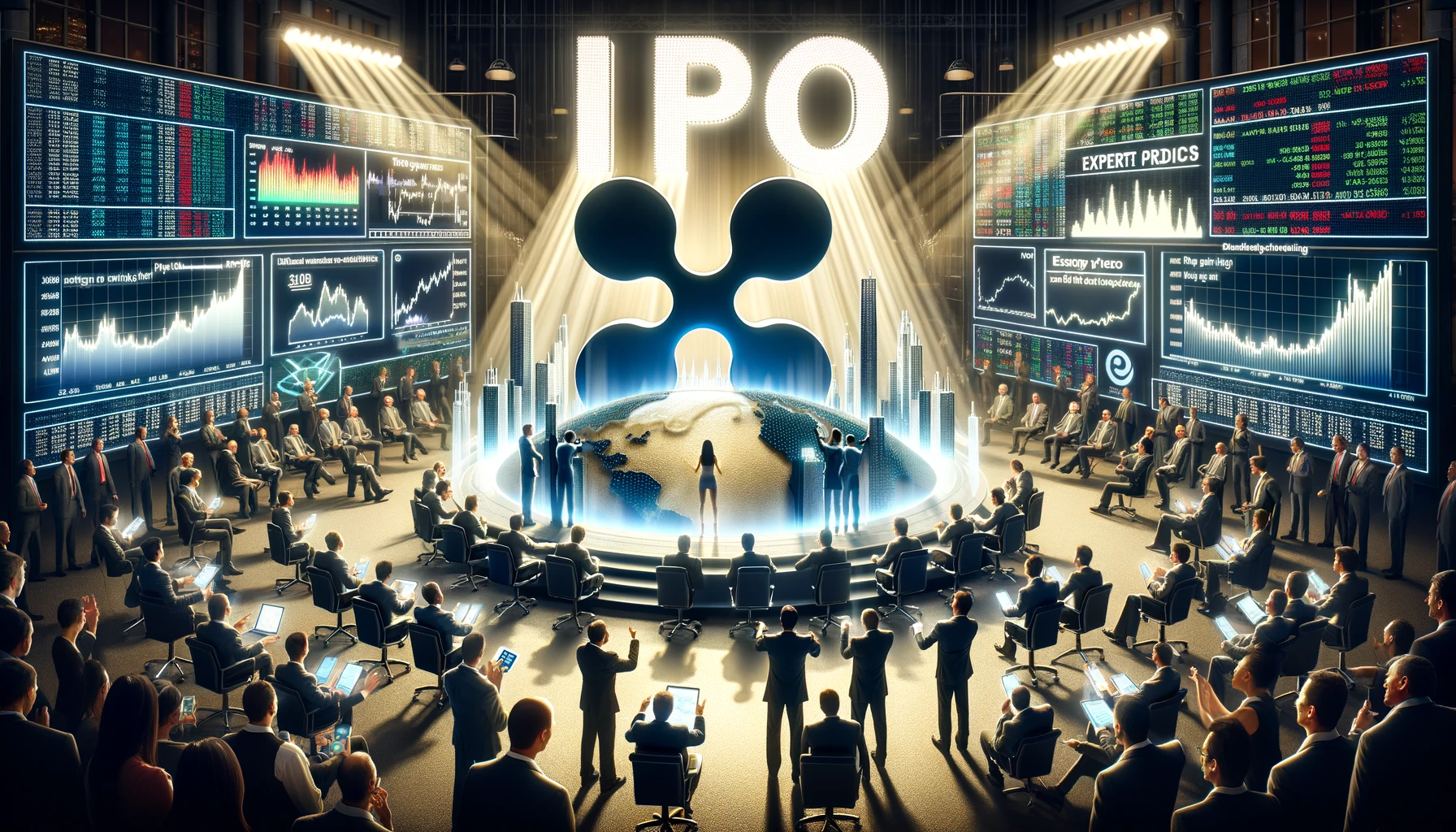One of the biggest financial conglomerates in Japan, SBI Holdings XRP Investment, has lately made news with a major disclosure on its Crypto Investments, especially with relation to XRP. Until Ripple Labs, the XRP issuer, does an initial public offering (IPO), the business said it will not consider the value of XRP kept in escrow toward its market price. This choice reflects a cautious stance amid legal uncertainty and possible market volatility, therefore marking a significant change in how SBI evaluates the value of its investments in the digital asset field.
SBI Holdings’ Ripple Investment
Having made large investments in Ripple Labs, the startup behind XRP, SBI Holdings is a major player in the realm of cryptocurrencies. SBI owns around 8–9% of Ripple’s total shares as of 2025 and has committed over ¥1.6 trillion (about $10 billion) in XRP and ripple-related businesses. Currently locked in escrow, XRP is part of this investment; this system is meant to stop market flooding and guarantee XRP supply stability. SBI has made it plain, nevertheless, that it would not include these assets in its value until Ripple goes through an IPO, since around 37.43 billion XRP still resides in escrow.

This measured approach captures SBI’s aim to prevent exaggerating its asset base. SBI’s ruling seems to be motivated by both confusion and caution, given the legal challenges Ripple has with the U.S. Securities and Exchange Commission (SEC), which begs doubts on whether XRP is categorized as a security. Before including XRP in its financial accounts, the company is basically waiting for the legal position of Ripple to be clarified and for the company itself to change into a publicly listed entity.
Conservative Financial Strategy
The exclusion of escrowed XRP from SBI’s valuation calculations is a notable move for several reasons. For one, it demonstrates a conservative stance in financial reporting. While XRP may represent significant unrealized value for the company, its future liquidity and pricing remain contingent on several factors, including Ripple’s IPO and the resolution of its legal issues. Therefore, SBI appears to be taking the responsible route of not inflating its value by relying on assets that are not yet fully accessible or clear in their regulatory standing.
Furthermore, this decision helps mitigate potential volatility in SBI’s financials. By not factoring in the value of these locked assets, SBI ensures that its balance sheet remains more stable and reflects a more conservative approach to volatile digital assets. Investors may appreciate this caution, as it could suggest a well-thought-out risk management strategy.
SBI XRP Strategy
Not ignored is SBI’s choice to retain XRP assets in escrow out of valuation calculations. A Swiss asset management organization, GAM Global Special Situations Fund, has become activist against the corporation and advised SBI to change course. Like firms like MicroStrategy have done with Bitcoin prices.
GAM’s advice is to promptly increase SBI’s XRP holdings to boost its cryptocurrency assets. Buy more XRP now, especially given current market conditions, to support Ripple after its legal problems are resolved and its final IPO is well received. Given XRP’s ongoing market resiliency, such a move might also result in better shareholder value.
The suggestion mirrors a larger trend in the market whereby conventional financial organizations are progressively adopting activist positions in the crypto domain, therefore motivating businesses to better use their digital assets. For SBI, this conflict between caution and daring offers a unique dynamic as it negotiates the convoluted realm of digital money ventures.
Ripple IPO Impact
Ripple’s possible IPO is one of the main determinants of SBI’s choice. Particularly as the legal environment around XRP became clearer, Ripple’s CEO, Brad Garlinghouse, has made hints about the company’s desire to go public over the previous few years. An IPO might give Ripple major capital to grow its blockchain-based products and scale its activities. More crucially, it might open liquidity for current owners like SBI, who would gain from the public market trading capability for their Ripple interests.
An IPO would also pull Ripple into focus, maybe driving a market valuation spike. Regarding SBI, such action would significantly change the value of its crypto assets.
Final thoughts
Given the present uncertainty about Ripple’s legal position and the volatility of the larger crypto market, SBI Holdings’s choice to omit escrowed XRP from its valuation calculations is a wise one. This strategy shows the company’s cautious attitude toward waiting for Ripple’s IPO and clearer legislative direction.
Proposals like GAM’s asking SBI to participate in an XRP buyback scheme, however, put extra pressure on the business to more aggressively use its crypto assets.


